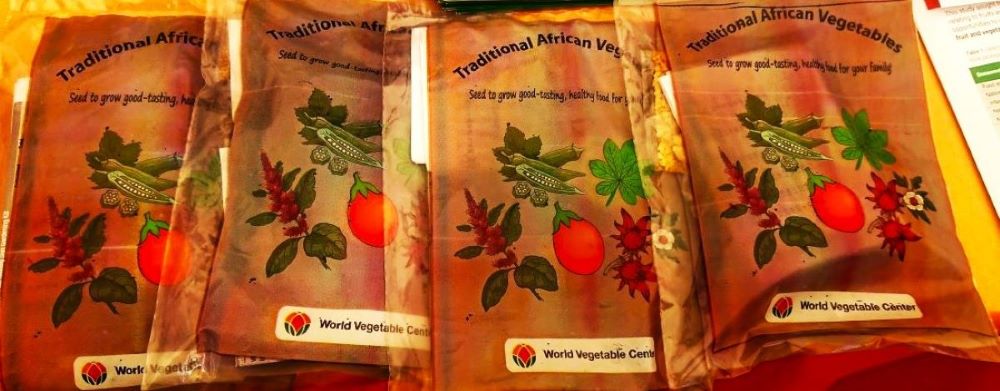Tanzania preserves nearly 1000 types of seeds for future as kernels threaten to become extinct
Just like wildlife and other rare plant species seeds are also rapidly disappearing from the face of the earth, either due to climate change or humans destructing the environment.
To address the concern, the World Vegetable Center in association with the Tanzania Plant Health and Pesticide Authority (TPHPA) has started to collect, gather and store important agricultural kernels for preservation.
World Vegetable Center has managed to collect 900 types of endangered agricultural seeds from both the mainland and isles, kernels that will be kept in special storage.
The Director General of the World Vegetable Center, Dr Gabriel Rugalema said the new initiative to collect and store important seeds is being undertaken to prevent these important farm inputs from becoming extinct.

“We have dried the kernel for long-life preservation,” said Dr Rugalema, adding that the consignment of the collected seeds is quite big and requires ample time for their treatment.
The move comes just as the country is also working to establish a proper national kernel storage facility.
The development comes at the time when there is raising concern regarding the disappearance of variety of vegetable and plant seeds, many going extinct due to effects of climate change among other reasons.
Dr Gabriel Rugalema was speaking recently during the training workshop on germ-plasm conservation and quality management.
The course gathered more than 40 delegates in person, and another 100 participants who attended virtually online, representing national gene banks from more than 15 countries in sub-Saharan Africa.
The sessions were held at the World Vegetable Center’s Eastern and Southern Africa regional office in the Usa-River area of Arusha.
The event took place at the time when the World Vegetable Center is preparing to commemorate the organization’s Golden Jubilee.
The World Vegetable Center operates four regional centers, with projects in more than 50 countries worldwide.
It was discussed during the Arusha training that most plant breeders around the globe have now discovered the importance of having access to an extensive set of germ plasm for their breeding needs.
The World Vegetable Center is the only global entity that works exclusively on vegetable research and development.
The Center is helping to overcome malnutrition and poverty and is improving the health of both rural and urban people by increasing the production, quality and consumption of nutritious vegetables.




Comments are closed, but trackbacks and pingbacks are open.